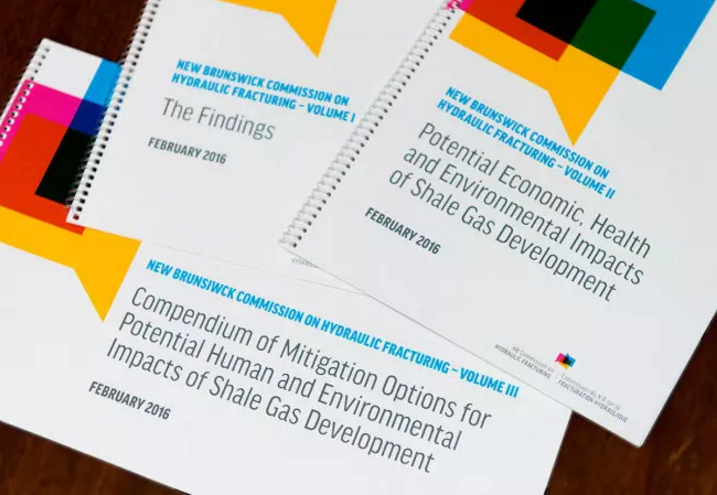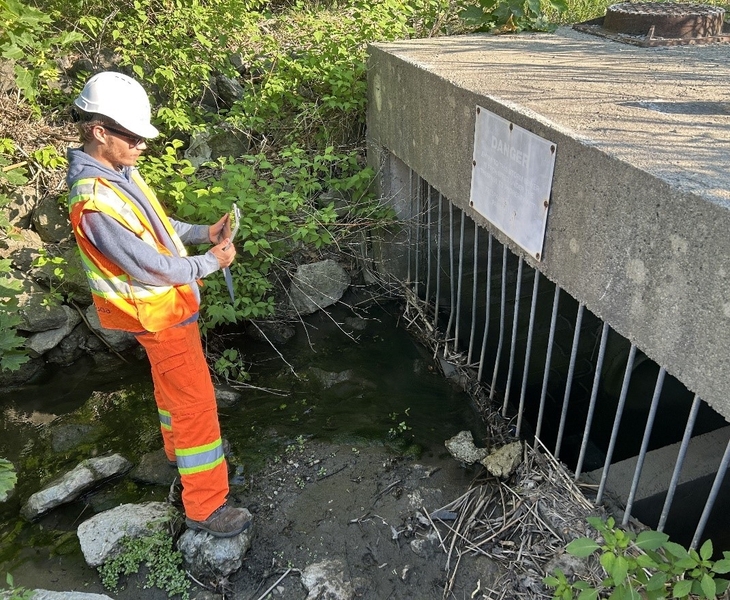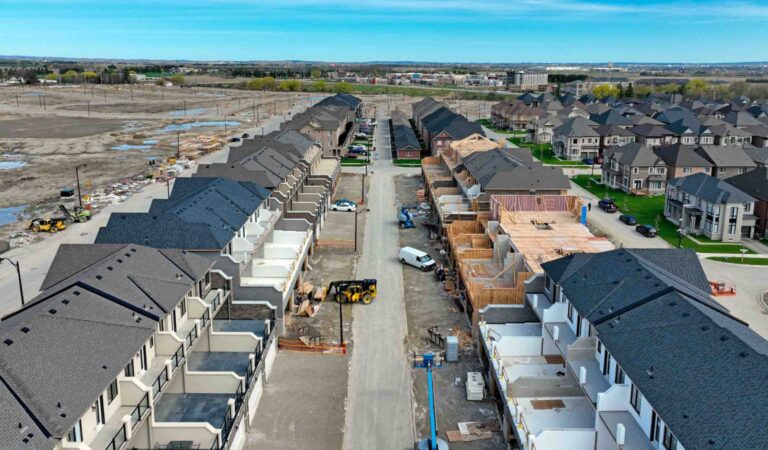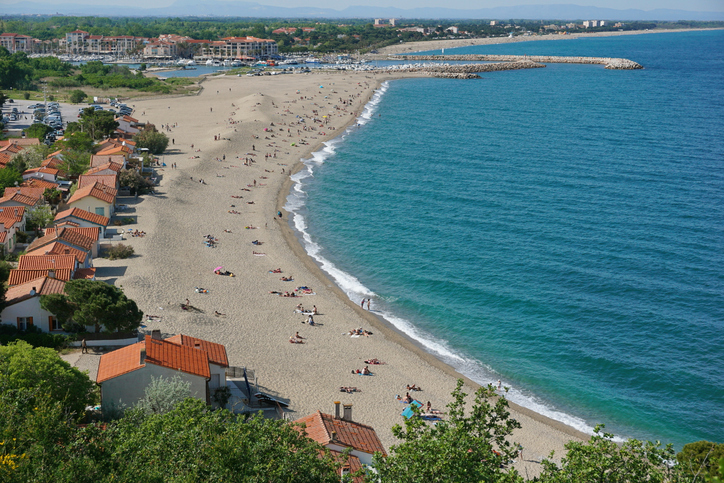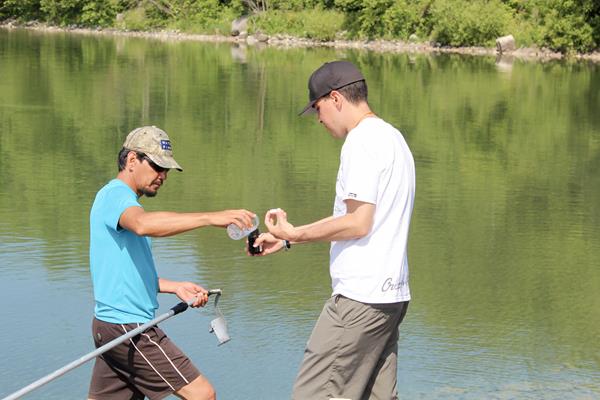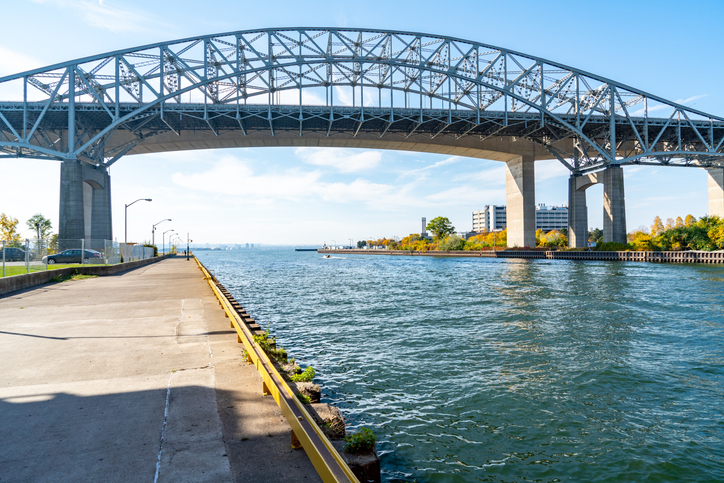New Brunswick announced this week that the province’s moratorium on hydraulic fracturing will remain indefinitely.
As a result of the findings from the Commission on Hydraulic Fracturing, the provincial government will continue its moratorium on hydraulic fracturing indefinitely.
“We have been clear that we would not allow this activity to go forward unless our five conditions were met,” said Energy and Mines Minister Donald Arseneault. “Creating jobs is our number one priority, but not at any cost. It is clear that our conditions cannot be satisfied in the foreseeable future.”
Of all the Maritime provinces, New Brunswick has gone the furthest towards developing its shale gas resources. However, violent outbreaks between oil and gas companies, police, and the Elsipogtog First Nation anti-fracking blockaders in 2013 elevated public concerns nationally that the development was being pushed forward without sufficient information about the environmental and human health risks.
In 2011, the New Brunswick government initiated a public inquiry to discuss both interests and concerns over shale development.
The inquiry set out to determine whether five conditions could be or were being met:
- a social licence is in place;
- clear and credible information is available about the impacts of hydraulic fracturing on public health, the environment and water, allowing the government to develop a country-leading regulatory regime with sufficient enforcement capabilities;
- a plan is in place to mitigate the impacts on public infrastructure and to address issues such as waste water disposal;
- a process is in place to respect the duty of the provincial government to consult with First Nations; and
- a mechanism is in place to ensure that benefits are maximized for New Brunswickers, including the development of a proper royalty structure.
“After careful consideration it is clear to us that the industry has not met the conditions,” said Arseneault. “Additionally, the global market for natural gas has seen a precipitous drop in prices, which makes it further unlikely that industry will invest the necessary efforts to address the conditions in the short or medium term.”
Arseneault noted that prior to September 2014, there was no clear energy policy and no plan to deal with critical issues such as the disposal of wastewater from hydraulic fracturing, which resulted in a moratorium. Industry proposals to dispose of wastewater from hydraulic fracturing into municipal systems in Moncton or Saint John are not acceptable.
Before the government can consider whether a hydraulic fracturing project meets the five conditions, it must implement a number of findings from the commission that are essential to a robust regulatory and permitting regime, including:
- An independent regulator should be created with a mandate to strengthen New Brunswick’s monitoring and evaluation of shale gas development in terms of understanding cumulative effects, including impact on human health and the environment.
- Adequate resources must be assigned to properly plan for potential public infrastructure impacts.
- Short-term and long-term solutions to hydraulically fractured wastewater should be determined before commercial production begins.
- The provincial government needs to work with aboriginal leadership in New Brunswick to adopt a nation-to-nation consultation process for hydraulic fracturing.
- As of 2015, 38 tight gas wells had been drilled and hydraulically fractured in the province.
The Commission’s final report is available online.

